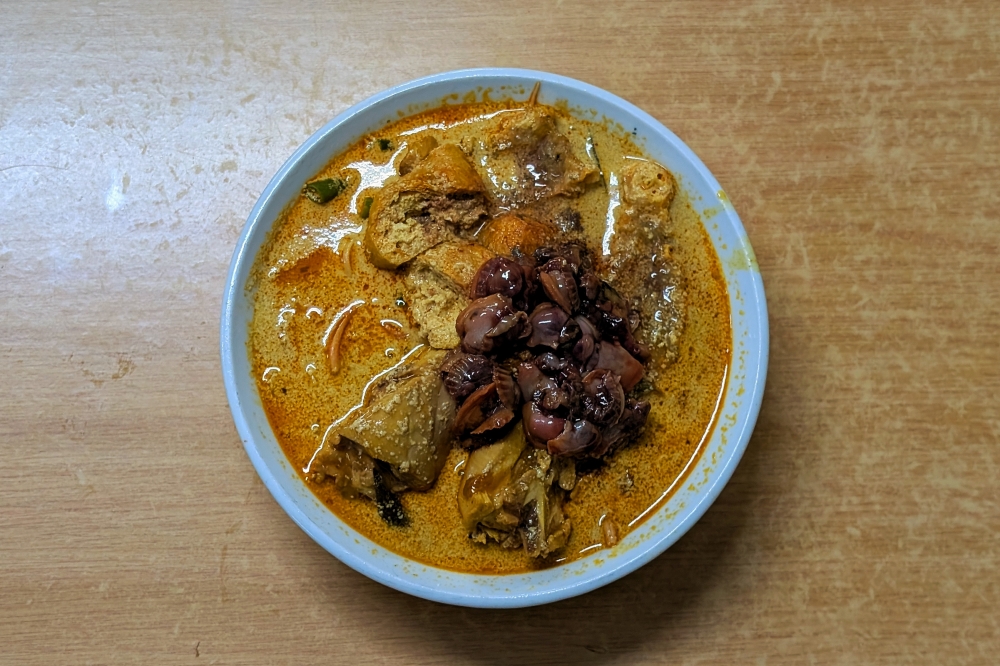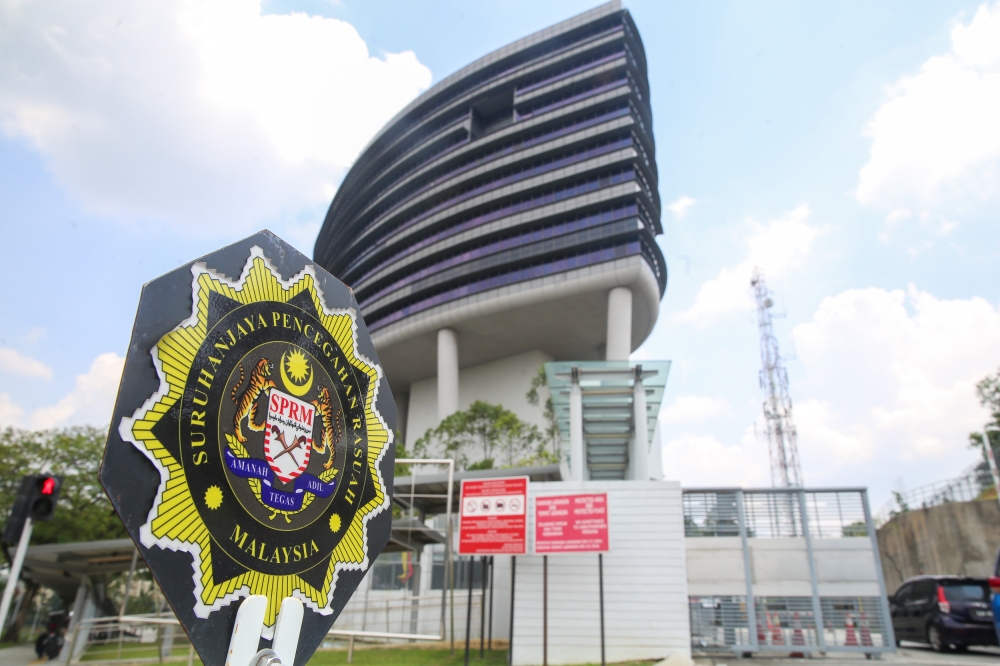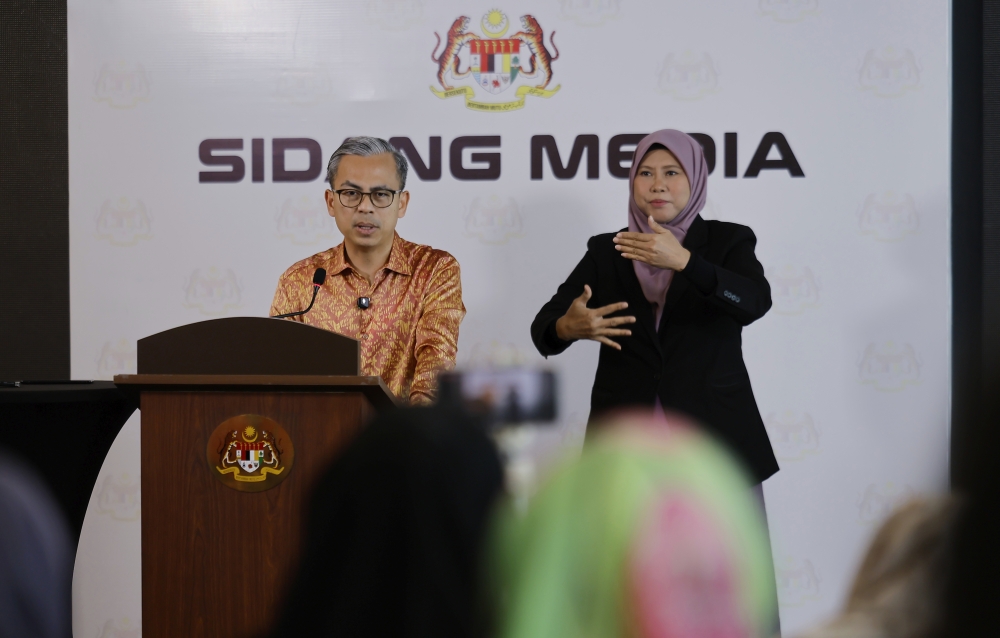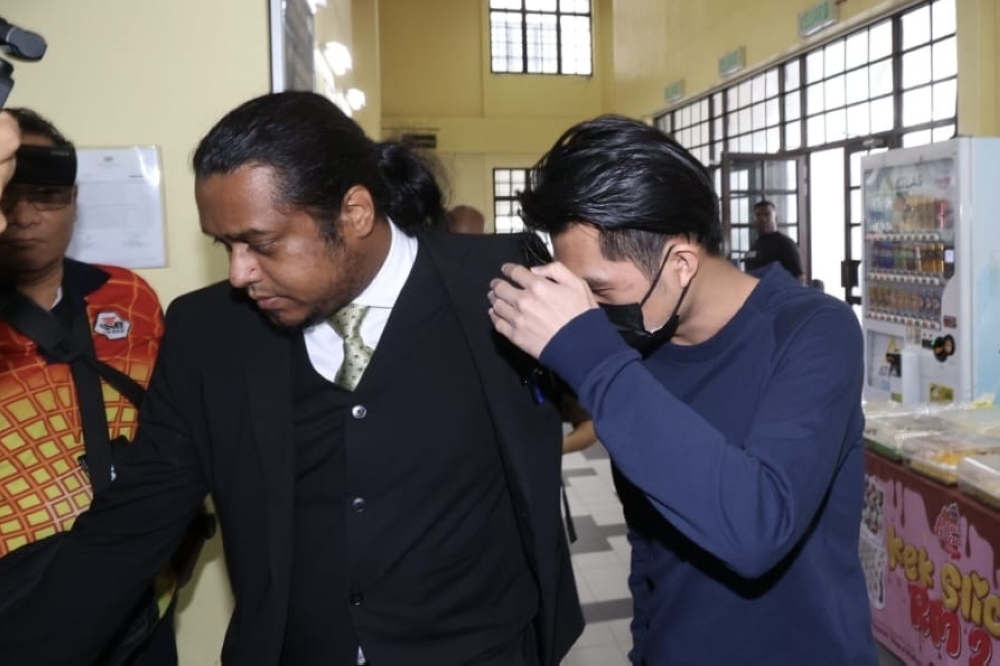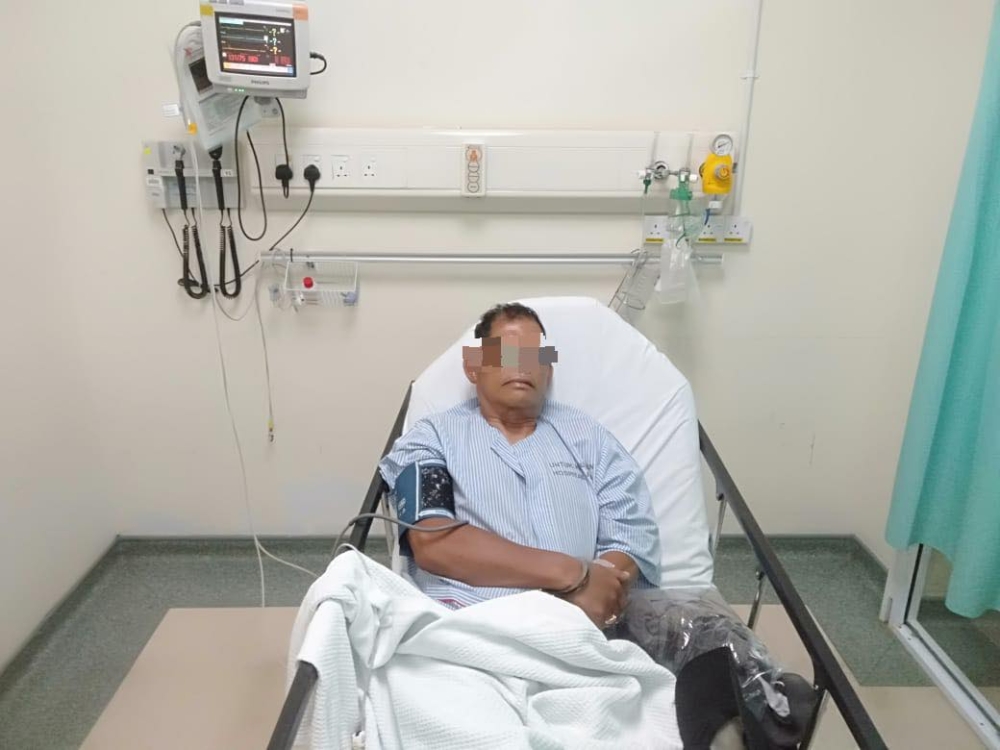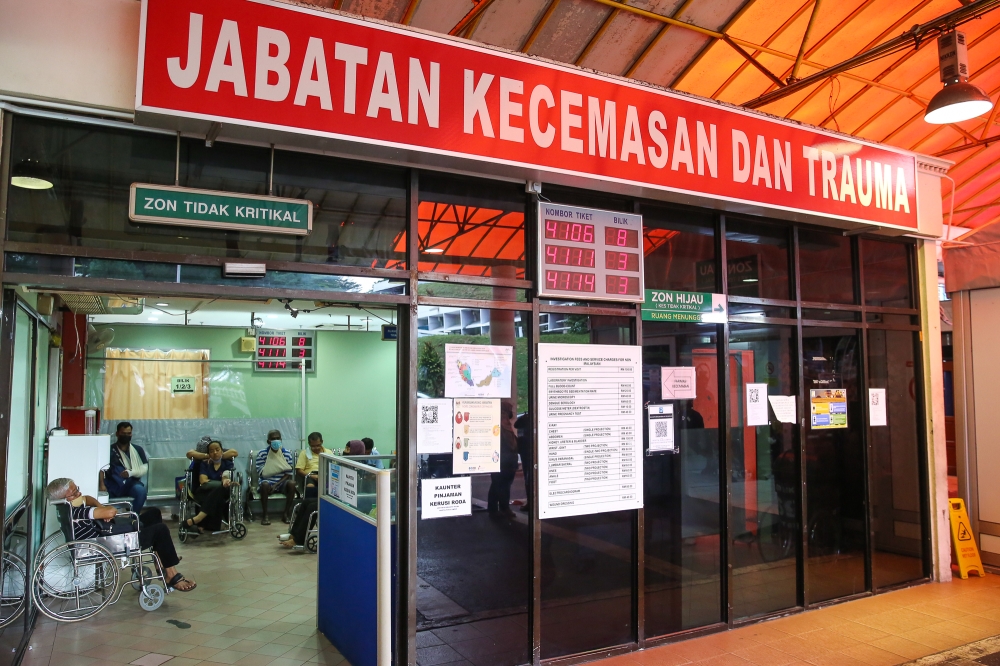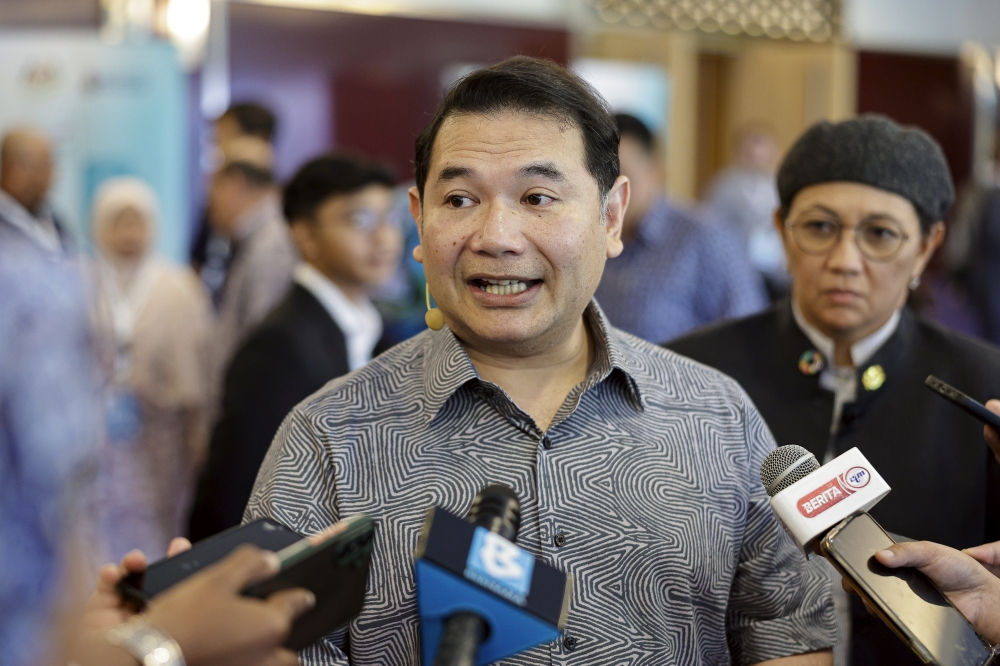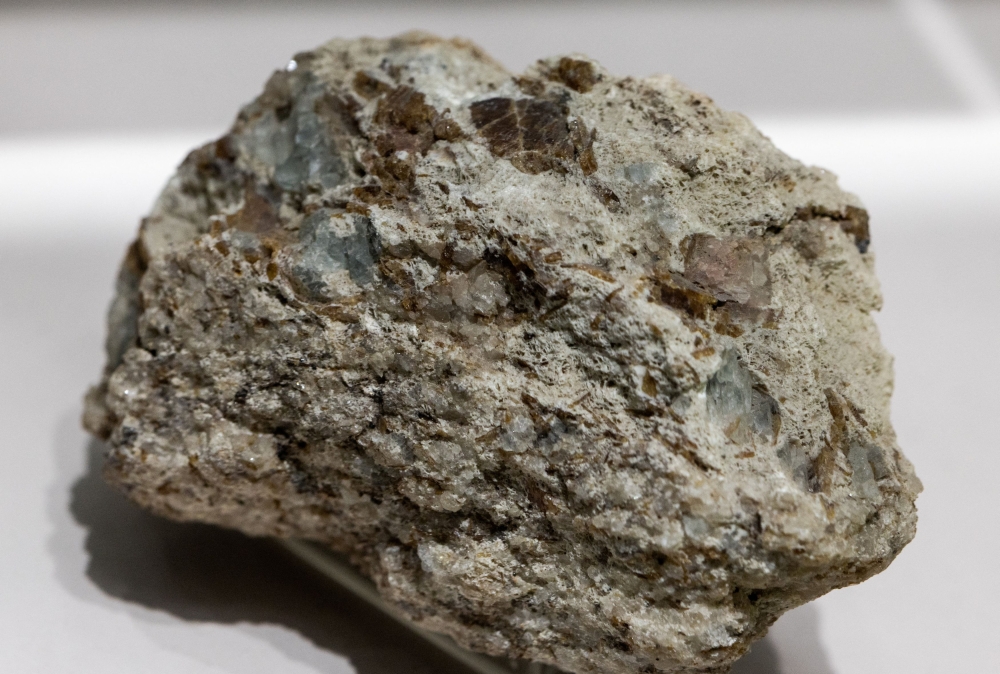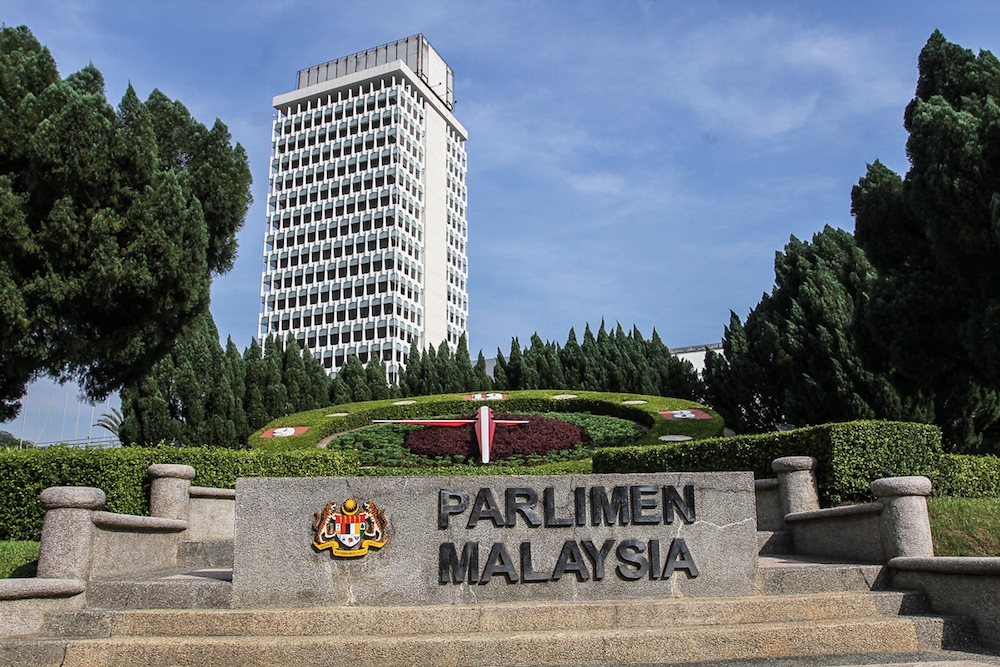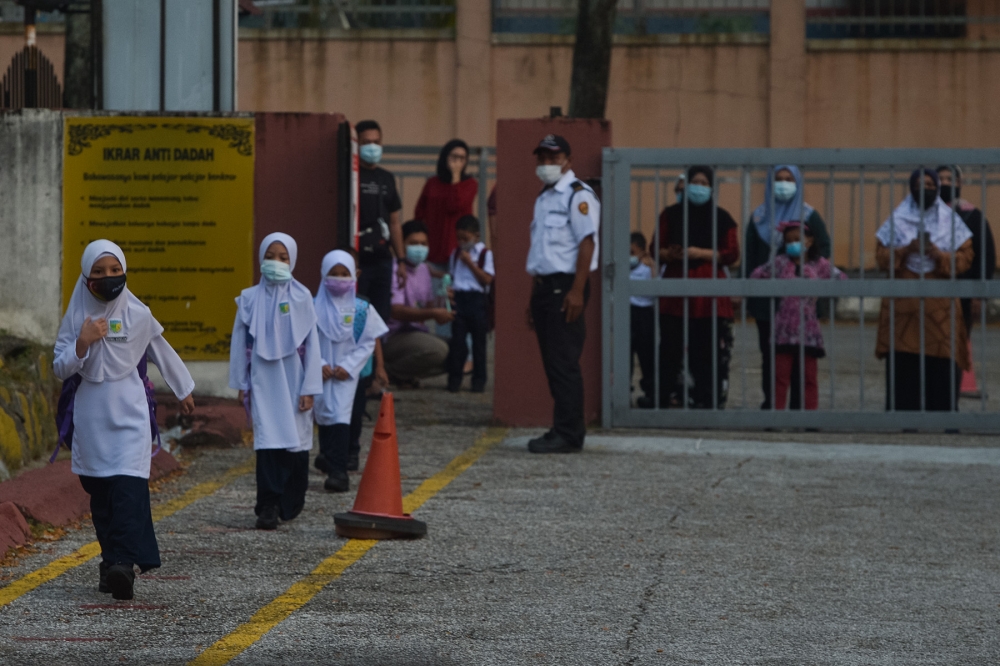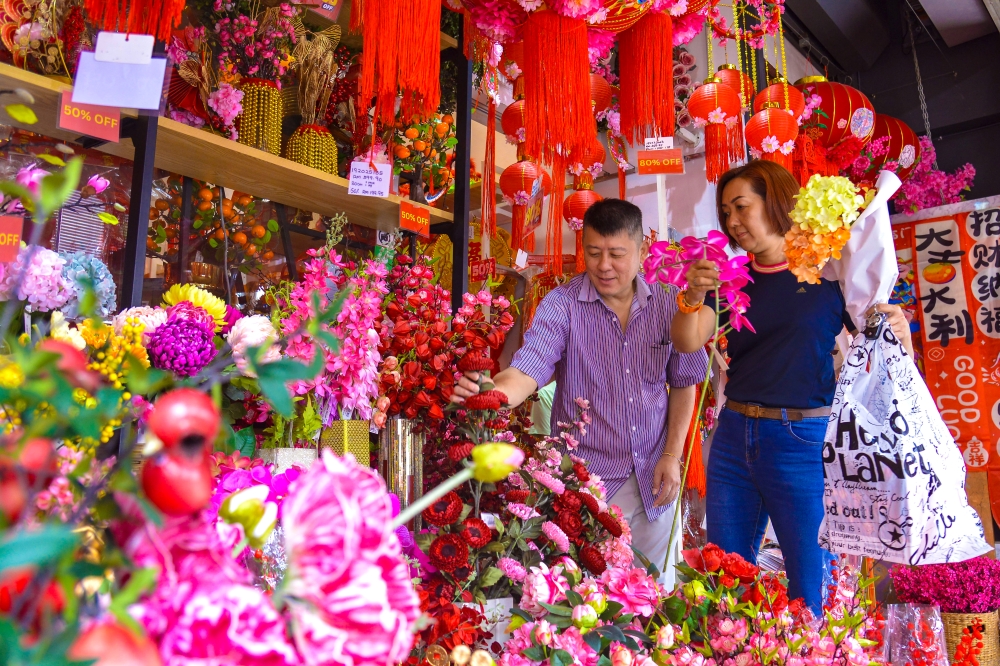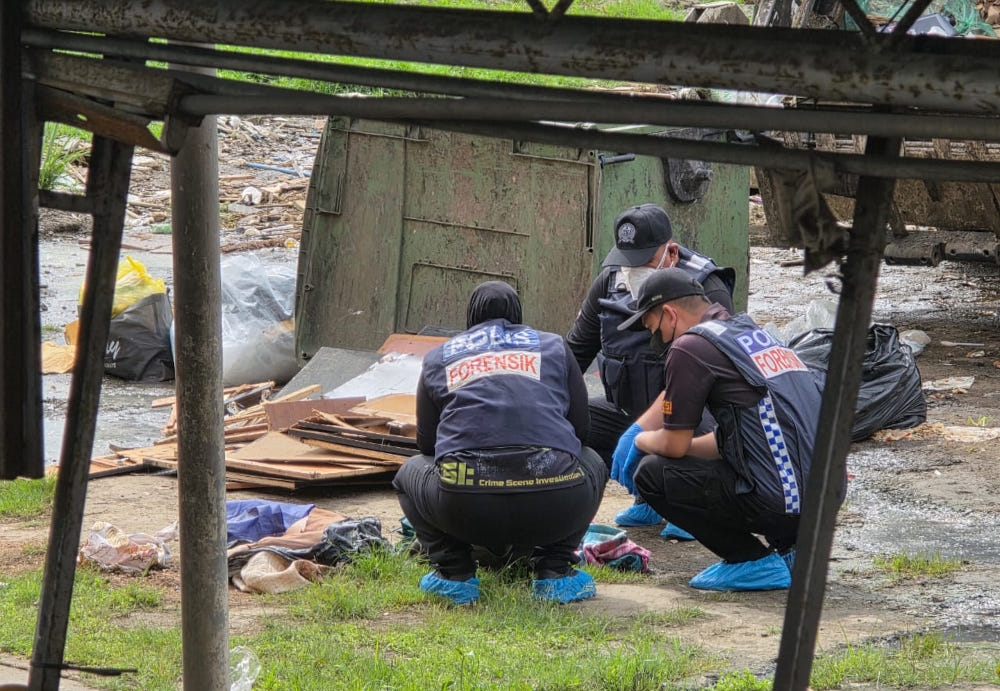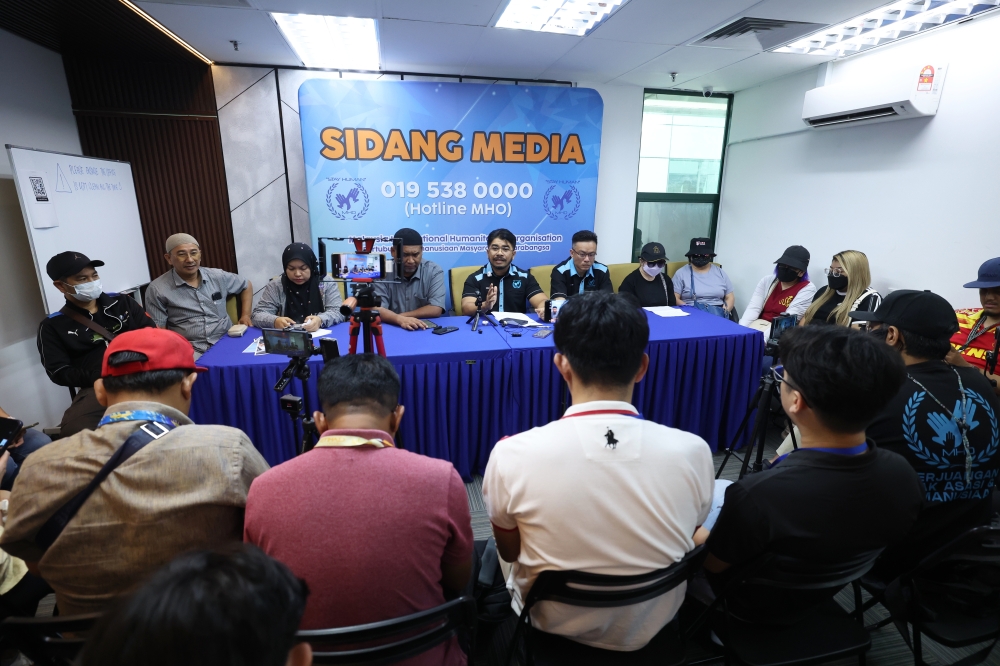DECEMBER 22 ― Sudden water disruptions are becoming frequent in Penang island. This should not be happening if there is sufficient storage of treated water for at least three days. Apparently either not enough treated water is being stored for emergency use or there isn't proper management of the water in storage reservoirs like Bukit Dumbar. This begs the question what are the government's priorities in “developing” Penang island?
There are scheduled and unscheduled disruptions. Lately there are more and more unscheduled disruptions. We understand that regular maintenance and emergency repair works have to be done. But must consumers be made to suffer for prolonged periods of more than half a day, even up to two or three days without a drop of water in the taps?
Knowing that shutdowns of supply from the filtration plants, or the treated water storage reservoirs are inevitable, there must be a good contingency plan to ensure consumers are able to get supply even if it be at a reduced or much reduced pressure. This is not the case. The taps go dry.
This begs the question why when there is an emergency situation like the bursting of a big old vale, or bursting of any other main pipes (like the recent case of the bursting of the underwater pipe in the Prai river) there is sudden, total stoppage of water supply to consumers?
It is as if the treated water storage reservoirs are empty and so when there is a shutdown of a major pipeline, certain areas are immediately without water.
When there is a major breakdown, why is rationing mode not activated immediately so that water from the storage reservoirs keeps flowing, albeit at a reduced, or even much reduced, pressure, and the public informed immediately?

The PBA must explain about the storage of treated water in its reservoirs.
1. What is the total maximum capacity of all the treated water reservoirs on the island?
2. Are they always full?
3. For how many hours/days can these reservoirs supply water at full, half and quarter normal pressure respectively?
4. Why do taps go dry almost as soon as a shutdown for some major repairs is announced?
Water is such a critical necessity, in fact a life and death matter, that it should have priority above a lot of other “development” projects like multi-billion Ringgit reclamation and more high-rises all over.
The frequent water “dry-outs” also speak of the maintenance culture of the PBA. Wear and tear of all equipment takes place over time. Are equipment maintenance schedules being adhered to? Are inspections of pipes, valves, etc are being regularly done to ensure they are still fit for the purpose?
We want the chairman of the PBA to be transparent and tell Penang Islanders why their taps should go dry whenever there is a major repair to be done. Why is there no treated water, or not enough of it, in all the storage reservoirs on the island?
What is the SOP of water draw-down from the storage reservoirs when there is a major breakdown repairs of which are going to take a day or even a few days? The situation is different when small pipes burst as repairs will take a few hours, but very different when there are major breakdowns the repair of which could take up to two or three days (maybe more in some cases). So what is the contingency plan to ensure taps still have low pressure water during that period? Is it due to insufficient storage capacity or simply due to poor management of an emergency situation and failure to activate water-rationing mode in good time?
Is the capacity for storage of treated water on the island keeping pace with the increasing demand for water?
The PBA cannot be complacent about the frequent water “dry-outs”. If storage for treated water is insufficient, increase it as a matter of priority. If the capacity is sufficient, then buck up on crisis management and ensure there is supply even if at a very low pressure.
* This is the personal opinion of the writer or publication and does not necessarily represent the views of Malay Mail.



